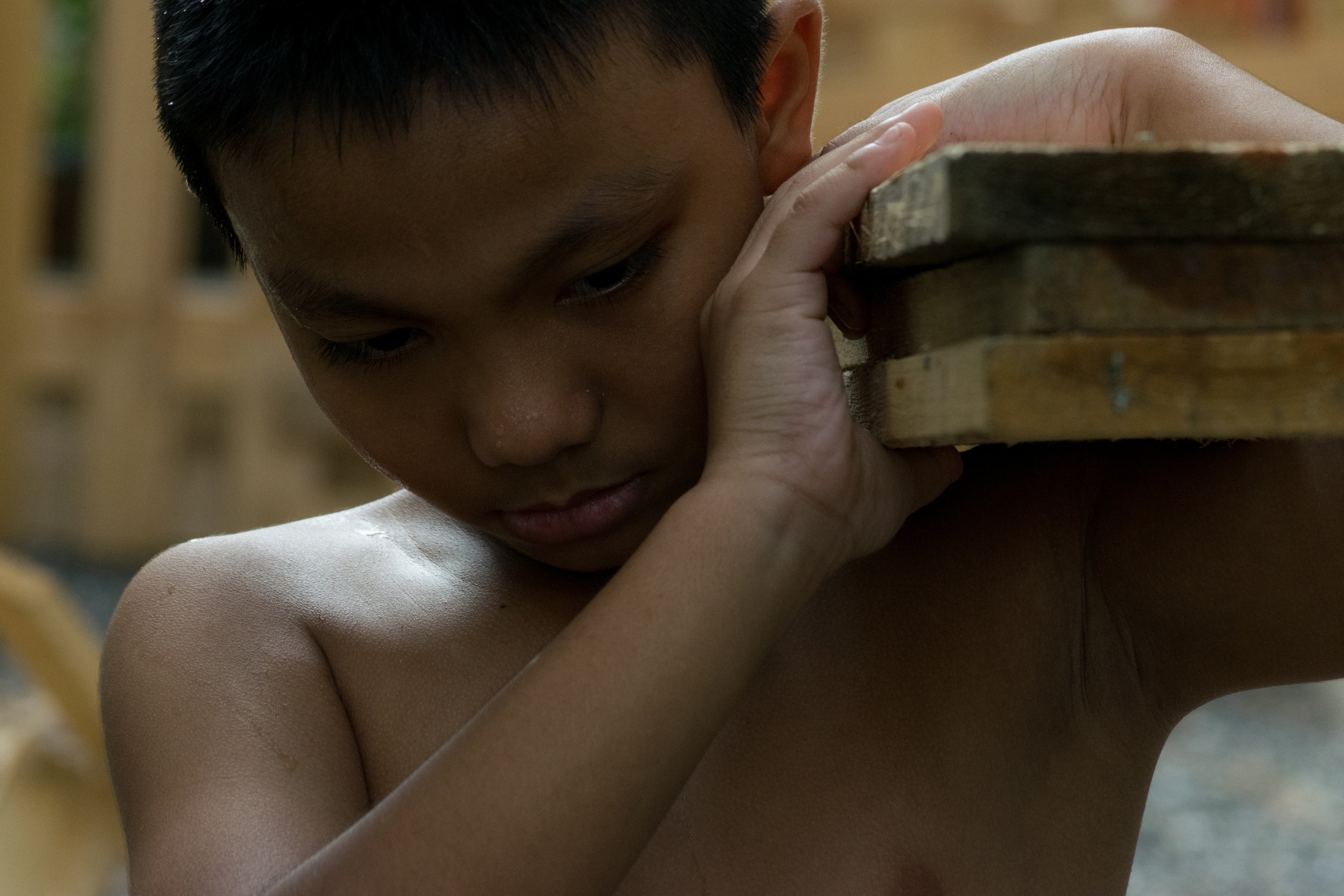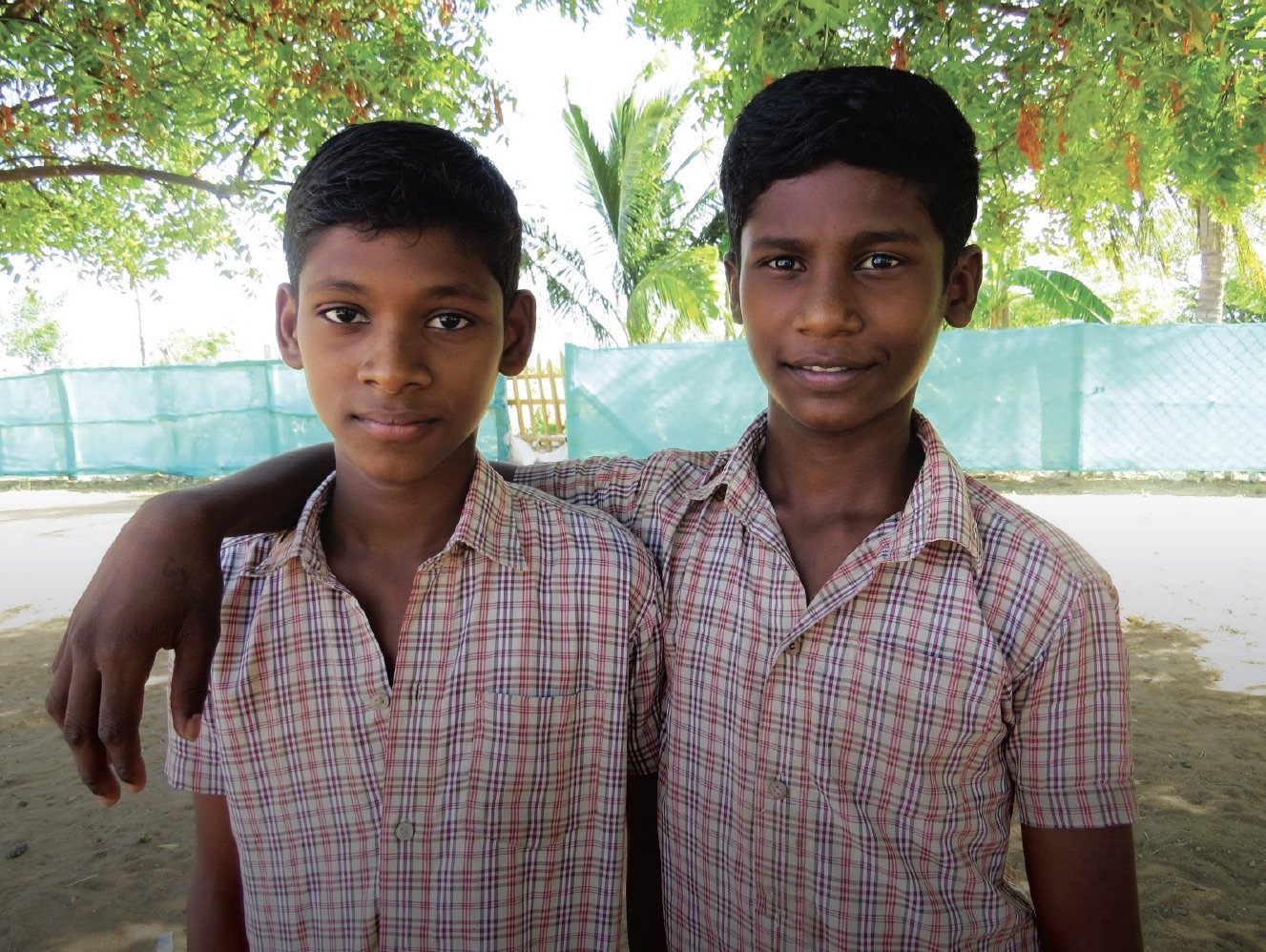
Human Trafficking is everywhere. It’s in our closets, cupboards, and kitchens.
It’s in our neighborhoods and around the globe.
Millions of people are victims of human trafficking around our world today.
Men, women, and children are forced to work into industries such as:
-

Agriculture
-

Commercial Sex
-

Construction + Landscaping
-

Domestic Labor
-

Factories + Manufacturing
-

Restaurants + Hospitality

We believe human trafficking is a symptom of a deeper problem: our brokenness.
Injustice emerges from fragmented relationships, divided communities, unjust systems, and distorted cultural values. Human trafficking and exploitation are the by-products of poverty, racism, sexism and gender-based violence, abuse, civil war, addictions, and more.
60% to 85% of commercially sexually exploited youth in the US spent time in foster care at some point.*
People living in poverty or battling unemployment are at risk of being abused, exploited, or trafficked.
1 in 5 homeless youth has experienced sex or labor trafficking (and many of these youth identify as LGBTQ+).**
Racial or ethnic minorities tend to be disproportionately affected by human trafficking.
Victims of domestic violence or sexual assault are frequently targeted by traffickers.
Many survivors of human trafficking experienced trauma before they were victimized.
We need to address the root causes of exploitation.
This means we must heal brokenness at all levels: relationships, communities, and systems.
We seek holistic freedom.
We strive to build healthy communities with zero tolerance for exploitation, where people can experience holistic freedom: not just freedom from injustice, but freedom for a greater purpose. Our vision is not only to seek justice, but to pursue shalom.
How we engage is as important as what we do.
We start by equipping community leaders and teams as they come together to pray, learn about the issue, dialogue, build relationships, partner with others, and eventually form a context-specific, community-informed strategy to address the root causes of human trafficking in their own neighborhood.
Sources:
* Washington State Must Help, Not Arrest Sex Trafficked, Homeless Minors https://youthtoday.org/2019/09/washington-state-must-help-not-arrest-sex-trafficked-minors-such-as-homeless/)
**Covenant House https://www.covenanthouse.org/
Additional sources:
• Kate Walker, California Child Welfare Council, Ending The Commercial Sexual Exploitation Of Children: A Call For Multi-System Collaboration In California (2013)
• Connecticut Department of Children and Families “A Child Welfare Response to Domestic Minor Sex Trafficking” (2012). Available here: https://portal.ct.gov/dcf
• https://cafo.org/2014/04/04/if-we-care-about-human-trafficking-we-must-care-for-orphans-and-foster-youth/
• https://www.seattletimes.com/opinion/shift-policies-to-treat-trafficked-girls-as-victims/





